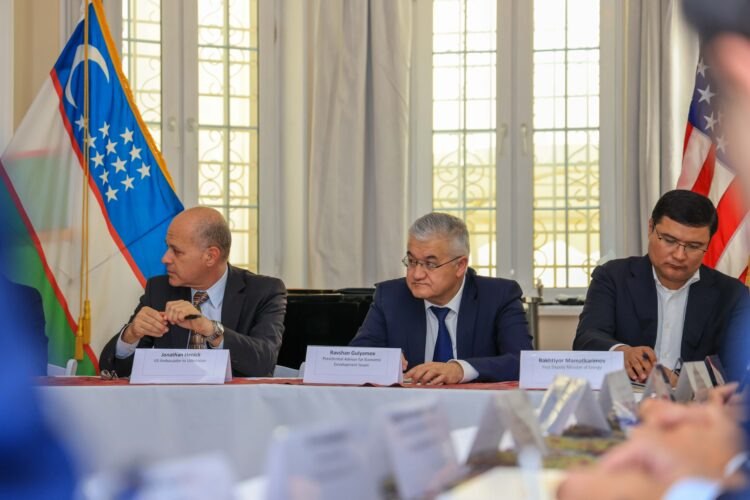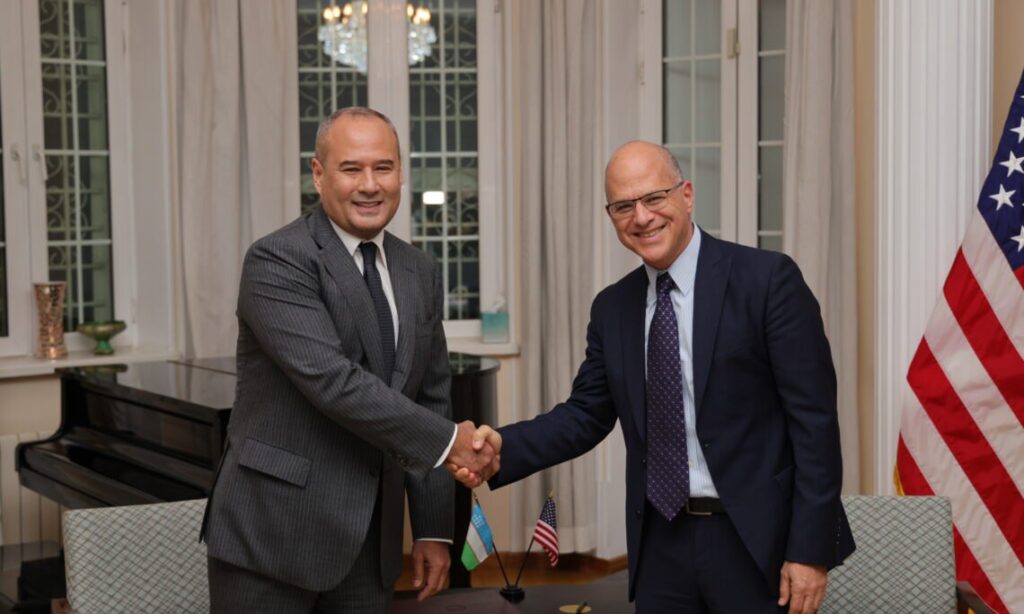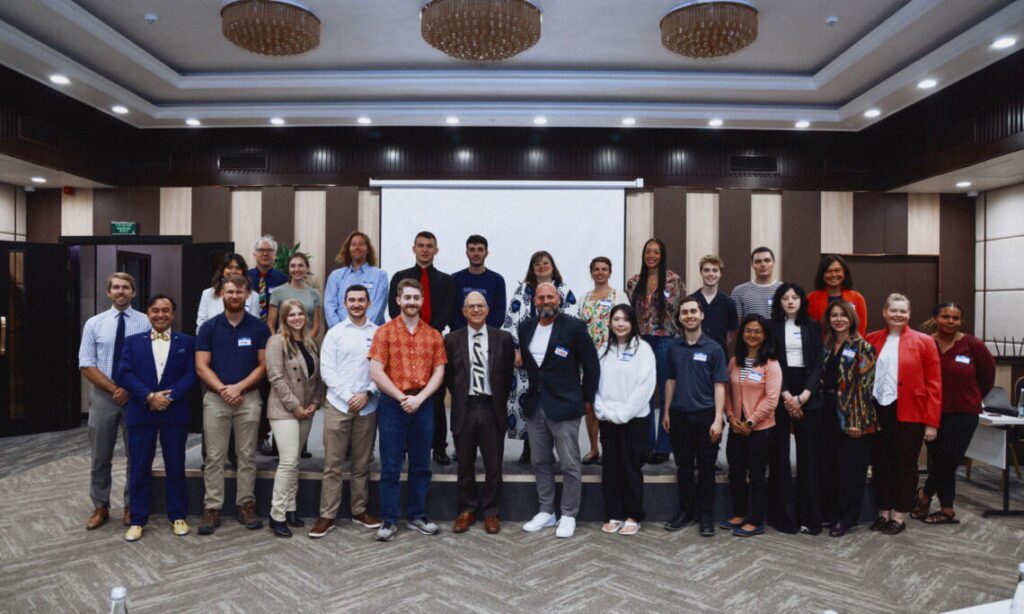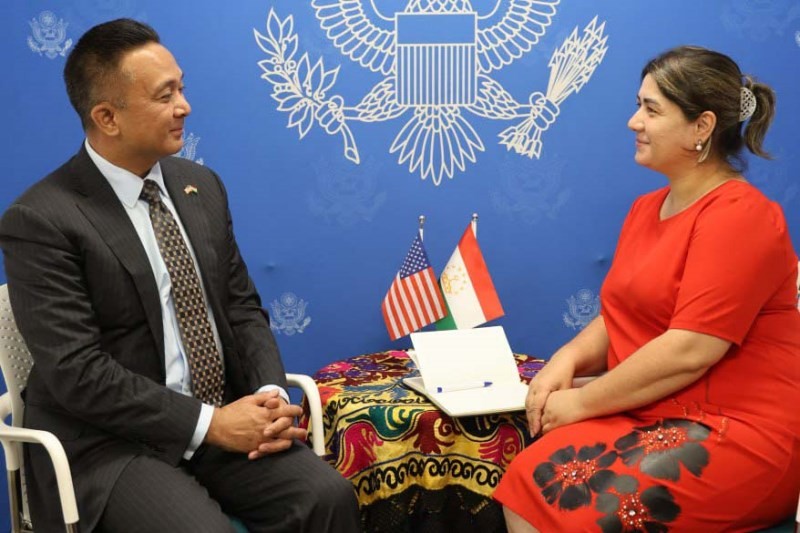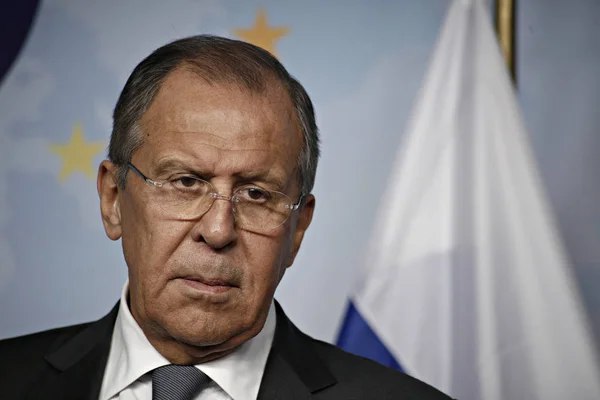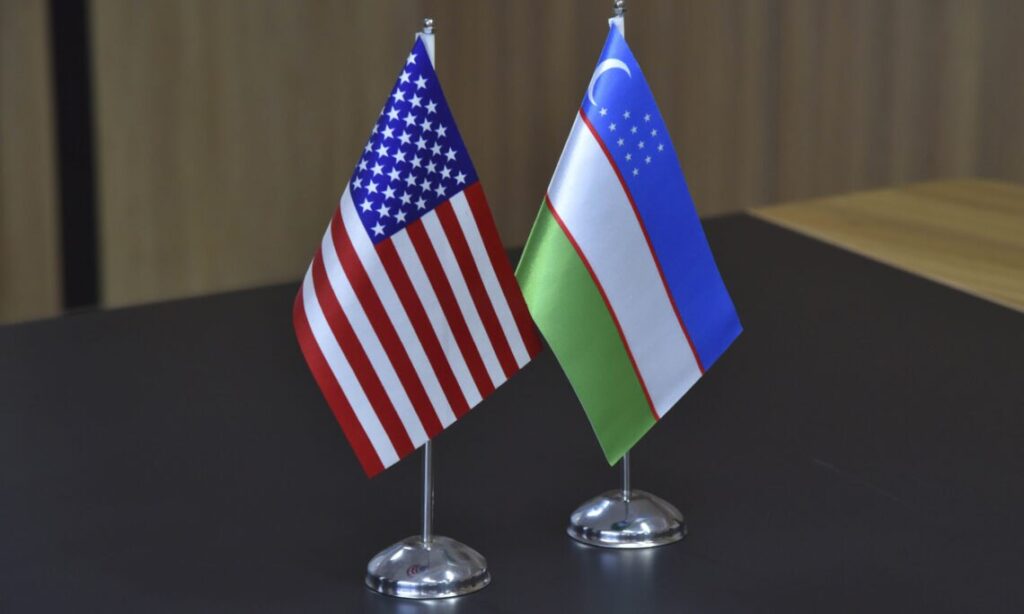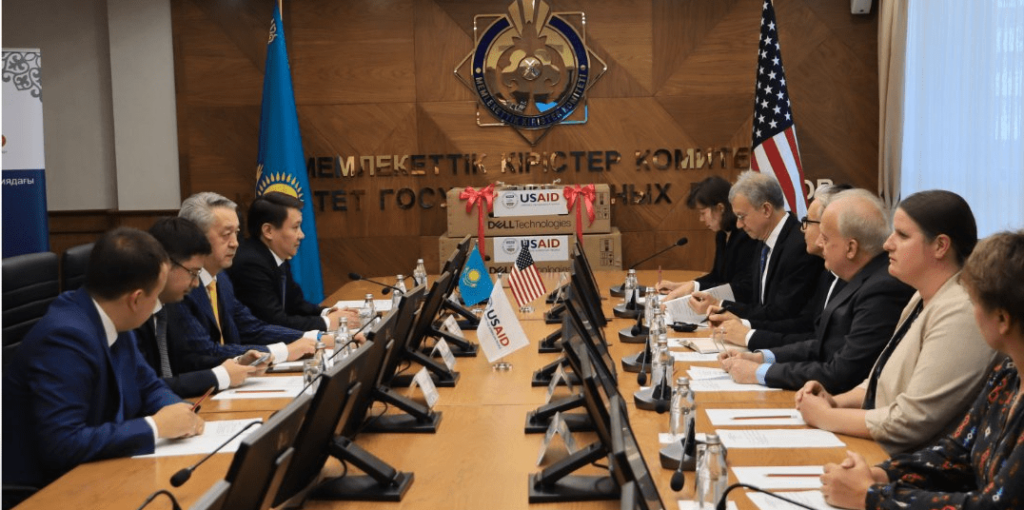In a statement released by the Kazakhstan Ministry of Foreign Affairs, public health representatives from Central Asian countries and Azerbaijan, attending the regional Workshop on the Biological and Toxin Weapons Convention (BTWC), paid a visit to the Almaty Central Reference Laboratory.
The seminar held at the UN Hub in Almaty, was organized by the United Nations Office for Disarmament Affairs (UNODA) and the Ministry of Foreign Affairs of Kazakhstan, with the support of the European Union (EU). During the event, issues were raised concerning the implementation and strengthening of BTWC protocols. The seminar also offered opportunities to share knowledge and experience on improving legislation, discuss plans of national importance and implement confidence-building measures among members of the BTWC.
Whilst gathered in Almaty, representatives of Central Asian countries and Azerbaijan visited the Central Reference Laboratory, built with aid from US investments. The Ministry of Foreign Affairs noted that experts in the field of biosafety gave a high assessment of Kazakhstan’s flagship institution’s biotechnological complex and the laboratory’s activities and development of Kazakhstani scientists.
Kazakhstan conducts research in two bio-laboratories, both of which have third-level safety regulations in place. The first is the Central Reference Laboratory in Almaty. In operation since 2016, the facility was built with funded assistance of around $130 million from the U.S. Defense Threat Reduction Agency (DTRA) and the Nunn-Lugar Cooperative Threat Reduction (CTR) Program.
A similar laboratory, located in Otar, is run by the Research Institute of Biosafety Problems.
According to Kazakh President Kassym-Jomart Tokayev, Kazakhstan cooperates with the U.S. in the field of biological security under the former anti-plague institute in Almaty, but due to the expiration of the contract, the Americans are no longer involved in the reference laboratory which funded by the federal budget, now only employs Kazakh specialists.


